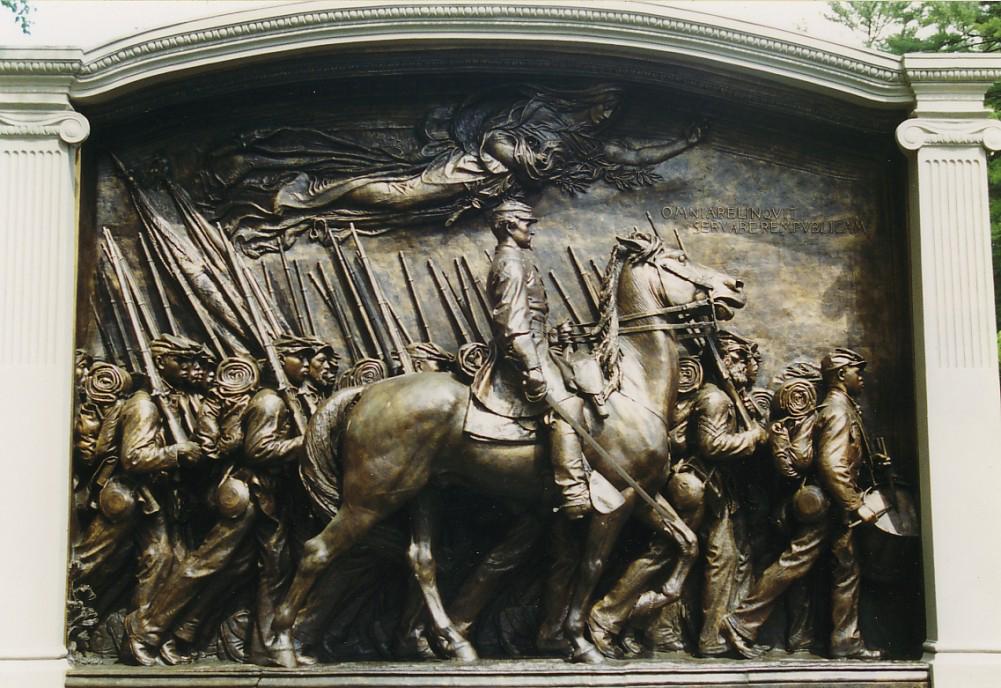Once a year we pause to honor our veterans, not only out of admiration for their courage and dedication, but also out of gratitude for all that they have done to secure the blessings of liberty for us. Among those deserving special mention are the soldiers of the 54th Regiment of Massachusetts Volunteer Infantry.
The year 1863 was the turning point of the Civil War. The war had begun badly for the north, with little to celebrate until it won important victories at Gettysburg, Pennsylvania, on July 3 and at Vicksburg, Mississippi, on July 4.
